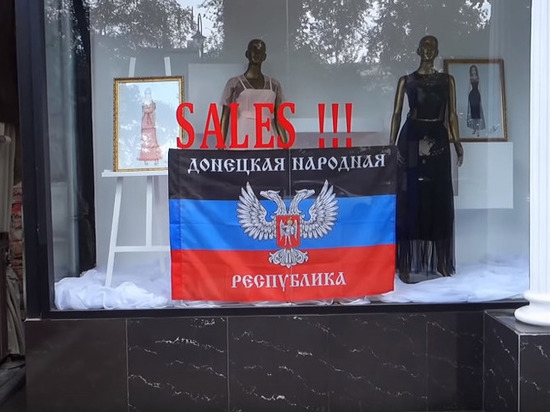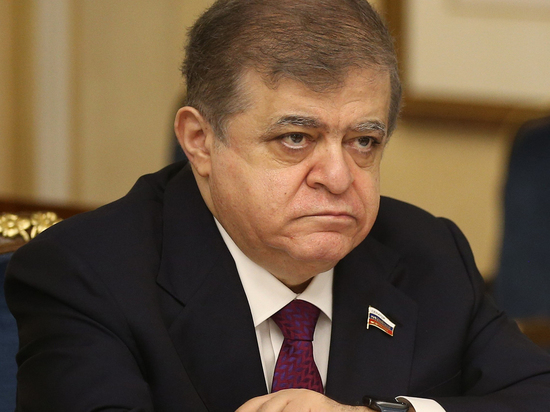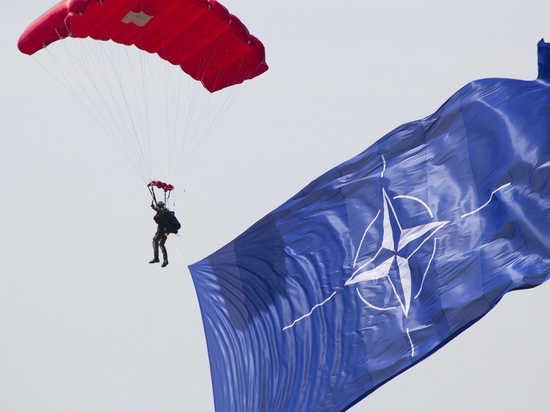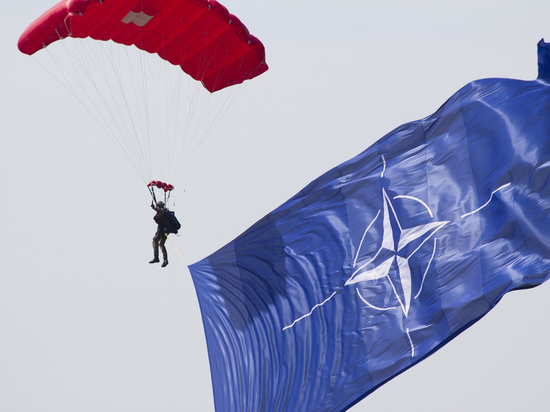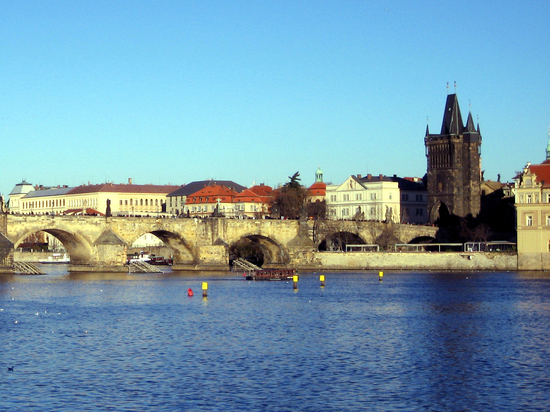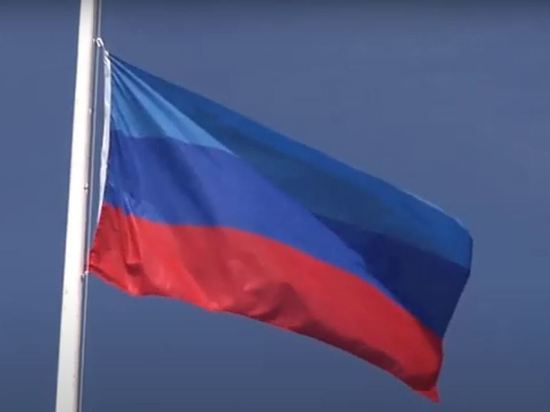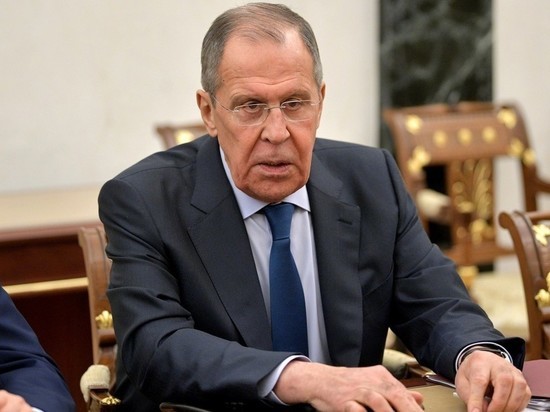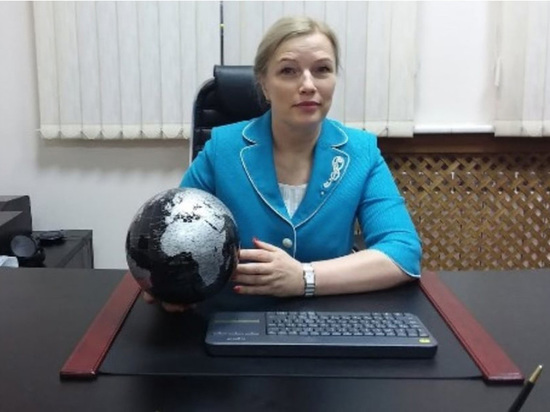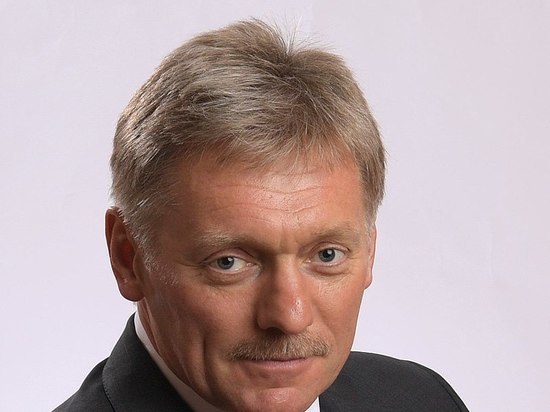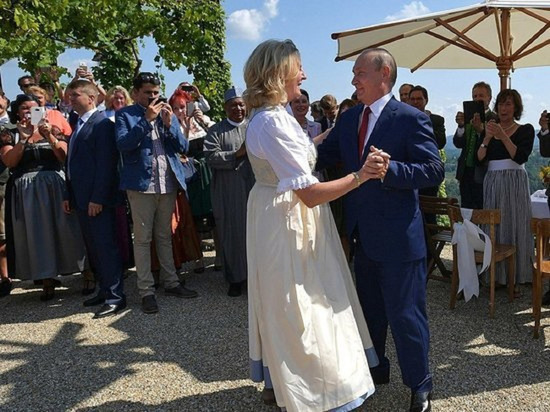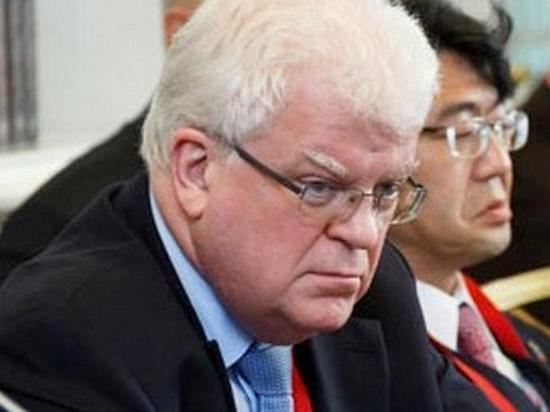
According to Vladimir Chizhov, Permanent Representative of the Russian Federation to the European Union, the Russian authorities are ready to resume all previously frozen formats of dialogue with the European Union. The point here is that Brussels has the political will, he said.
“Moscow is ready to resume all those formats that were frozen. But I want to remind you that we didn’t freeze them. But the point is that the European Union has sufficient political will,” Chizhov said on the Rossiya 24 TV channel.
Earlier, the Russian permanent representative reported that the last Russia-EU summit was held on January 28, 2014.
Sanctions against the Russian Federation began to be imposed in March 2014 due to the referendum held in Crimea. The EU and the US accused Moscow of “undermining the territorial integrity of Ukraine.” Recall, according to the results of this referendum, 96.77% of voters of the Republic of Crimea and 95.6% of residents Sevastopol was in favor of joining Russia.


